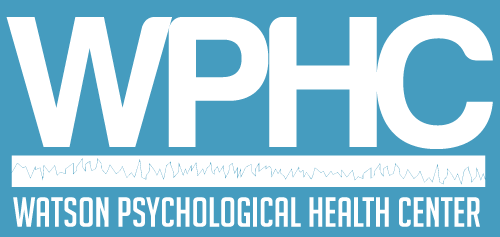
Add and ADHD effects self worth and confidence
connect with us today to learn more.
What exactly is ADHD or ADD? A chronic condition includes attention difficulty, hyperactivity, and impulsiveness. You will see differences in the condition depending on who you look to for information. In the DSM-V, there are three sub-types of ADHD- predominately hyperactive/impulsive, predominately inattentive, and combined type. If you look at the work of Dr. Daniel Amen, he discusses six different types. Dr Amen outlines the Classic ADD, Inattentive ADD, Overfocused ADD, Temporal Lobe ADD, Limbic ADD, and the "Ring of Fire" ADD in his book Healing ADD: The Breakthrough Program That Allows You to See and Heal the 6 Types of ADD.
Dr Joel Lubar's research on children with ADD at the University of Tennessee on brain activity illustrated that children with ADD had excessive slow brainwave activity in the front of the brain, and it was worse when asked to concentrate. Dr. Lubar's work fascinates me to help others understand what is happening in their brain, where, and what can help. This seems paradoxical as the behavior manifests itself as hyper and outgoing, but as the prefrontal cortex returns online, the behavior will regulate itself.
The psychology field is the only field that will allow for the self-report, meaning if you break your arm and go to the ER, they will want an x-ray or some imaging to see what exactly is happening. The brain mapping aspect of NFT is amazing in helping educate clients on how their brain is functioning and what can help.
For a child growing up, ADD can create a feeling of not being wise and being made fun of in school. As well as not performing well on tests or other academic challenges that may strongly impact a child's happiness. This also can lead to social stressors and other social challenges, which may affect the child's self-esteem, confidence, and overall happiness.
ADHD often begins in childhood and can persist into adulthood. If you or someone you know suffers from ADD/ADHD, call us today to learn more.
help is here for you or your child.
Attention Deficit Disorder (ADD) and Attention Deficit Hyperactivity Disorder (ADHD) can have a significant impact on a person's life, affecting their academic performance, social interactions, and self-esteem. However, there is hope for those struggling with these conditions. Neurofeedback is a powerful tool that can help individuals regulate their brainwave patterns and improve cognitive function. By using brain mapping and real-time feedback, neurofeedback can help individuals shift towards more balanced and regulated states, ultimately leading to improved attention, focus, and overall well-being. If you or someone you know suffers from ADD/ADHD, don't wait - take control of your brain function today and live a more fulfilling life. Call us to learn more about how neurofeedback can help.


